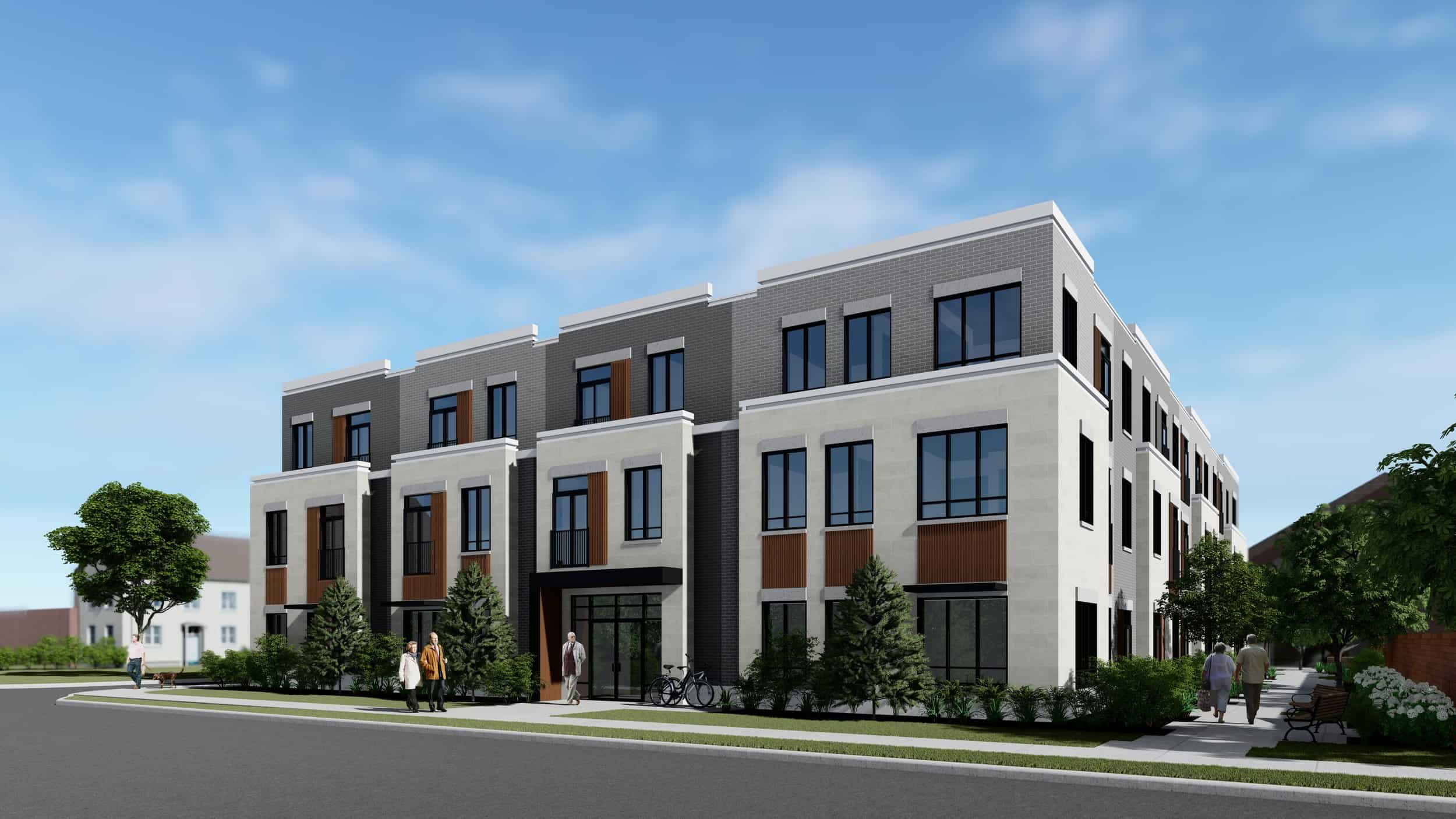Oshawa floats affordable housing option as real estate board puts onus on local government
Published October 5, 2022 at 10:21 am

Real estate professionals and municipal politicians don’t always see eye-to-eye on housing issues but there is one election issue both sides can agree on: the need for more affordable housing.
To a municipal politician, affordable housing means sufficient supply for those on the fringes of the poverty line. ‘Affordable housing’ to a real estate professional could just mean a market free from red tape and reduced development charges to reduce the cost of homes but at least the sentiment is there.
Housing sales in the GTA were down 44.1 per cent in September compared to last year and Toronto & Region Real Estate Board (TRREB) TRREB President Kevin Crigger said the data is “especially troublesome” given the stock of homes has increased markedly over the past 20 years and he called on candidates in this month’s municipal election to “ensure” there is enough affordable housing options for years to come.
“We must ensure that the temporary dip in housing demand is not allowed to mask the critical shortage of homes available for sale in the GTA,” Crigger said. “Candidates running in the upcoming Ontario municipal elections must ensure home buyers and renters have adequate housing options. Municipal council decisions have a direct impact on housing affordability, in terms of the protracted development approval processes, high development fees and other related policies that preclude timely housing development.”
TRREB CEO John DiMichele agreed and doubled down on local governments’ responsibilities when it comes to affordable housing.
“Elected councils must reconsider existing policies that preclude homeowners from listing their homes for sale, including significant added upfront costs like the land transfer tax,” he said. “Potential new policies like mandatory home energy audits could also create unnecessary interference and delays in the home selling process and dissuade some homeowners from listing their homes for sale.”
DiMichele believes the elimination of mandatory energy audits would also help home builders keep housing prices spikes to a minimum.
“Energy audits should be voluntary, a feeling which is supported 73 per cent of Torontonians and 78 per cent of ‘905’ residents recently polled by Ipsos Public Affairs for TRREB. If councils continue to support policies that restrict new home development and existing home listings, such as exclusionary zoning, housing affordability will be severely hampered over the long term, which will also hamper our region’s future growth.”
The idea that it’s up to municipal governments to solve the affordable housing crisis seems a bit far-fetched to some councillors, but there are actions they can take. One proposal being floated that municipalities could do to increase the supply of affordable units is to require builders of rental apartments to devote at least one unit per floor to affordable housing.
Oshawa Councillor Rosemary McConkey introduced a notice of motion at the September 26 Council meeting that would require all buildings over 10 floors to make one unit per floor available to the Region of Durham to sub-lease for social housing.
To fellow Councillor Brian Nicholson, the idea would be a “win-win” for the builder and the City.
“The Region would be the landlord and would handle administration,” he said, adding that the rent would always be paid with less paperwork for the building managers. “I think it makes a lot of sense.”
The notice of motion was tabled so staff can prepare a report for the new council later this year.
INdurham's Editorial Standards and Policies




